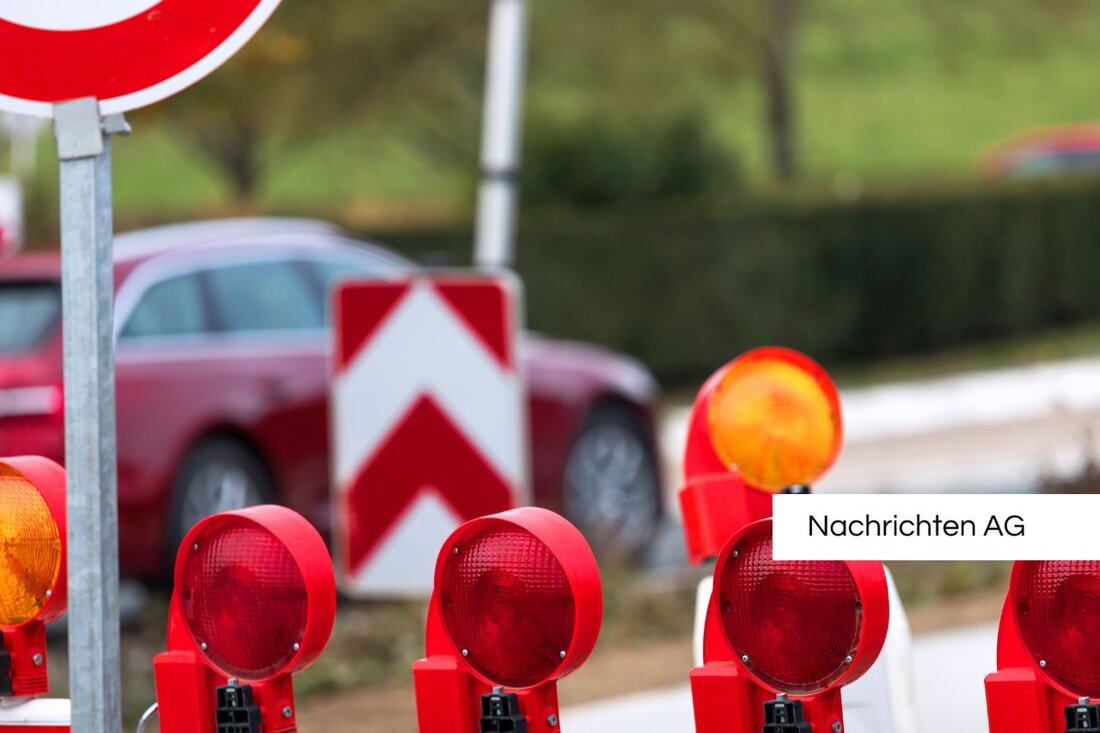Austria supports Germany's stop of the family reunification!
Austria supports Germany's stop of the family reunification!
The Austrian federal government has confirmed its support for the suspension of family reunification in Germany. Chancellor Christian Stocker and Interior Minister Gerhard Karner have spoken out for this measure to protect the public infrastructure and reduce the pull factors for illegal migration. German Interior Minister Alexander Dobrindt followed this line and announced that it would reduce family reunification. These decisions were rated as positive for Austria because they could reduce the overload of the municipal infrastructures. According to [ots] (https://www.ots.at/presseaus-sung/ots_20250528_ots0132/marchetti-ausetzen-detzetzen-in-deutschland-Bestaetente- der-Eesterreiche-Federal Government), the Austrian People's Party consider the migration-oriented news for the entire EU.
The Federal Government under Dobrindt plans to submit a draft law that particularly affects migrants with limited protection status. This group of people should not be allowed to catch up with relatives for two years. The measure is implemented as part of the “migration turn” of the Merz government, in view of the challenge that more than two million migrants have requested asylum in Germany since 2015. Euronews reports that the current regulations could enter Germany every month of those who are entitled to subsidiary, with the majority of these family leaves, especially from Syria.
changes in family reunification
The planned measures to suspend family reunification for subsidiary protected refugees include both the abolition of the accelerated ("turbo") naturalization as well as a suspension of the follow -up for initially two years. At the time of this decision, this affects around 350,000 people with subsidiary protection status. According to the previous regulation, up to 12,000 visas for family reunification per year were given. This restriction is regarded as part of a comprehensive plan to relieve the municipalities that have been under pressure due to migration for years. Tagesschau reports that most of the current follow-up trains come from the field of subsidiary refugees.
The critics of the new regulation, including over 30 NGOs and church representatives, warn of the ethical and social consequences. They emphasize that the long separations of families could have negative effects on integration. The Greens boss Felix Banaszak expresses concerns and points out that these measures could drive women and children into the hands of tugs.
Overall, developments in Germany show a clear trend towards a more restrictive migration policy. The decline in asylum applications in 2024 by around 30 percent is considered as a result of the restrictive measures and the blocking of the refugee route to Hungary in November 2023. The German government is therefore under the pressure to cope with the challenges of migration and at the same time protect the social structures.
| Details | |
|---|---|
| Ort | Deutschland |
| Quellen | |


Kommentare (0)